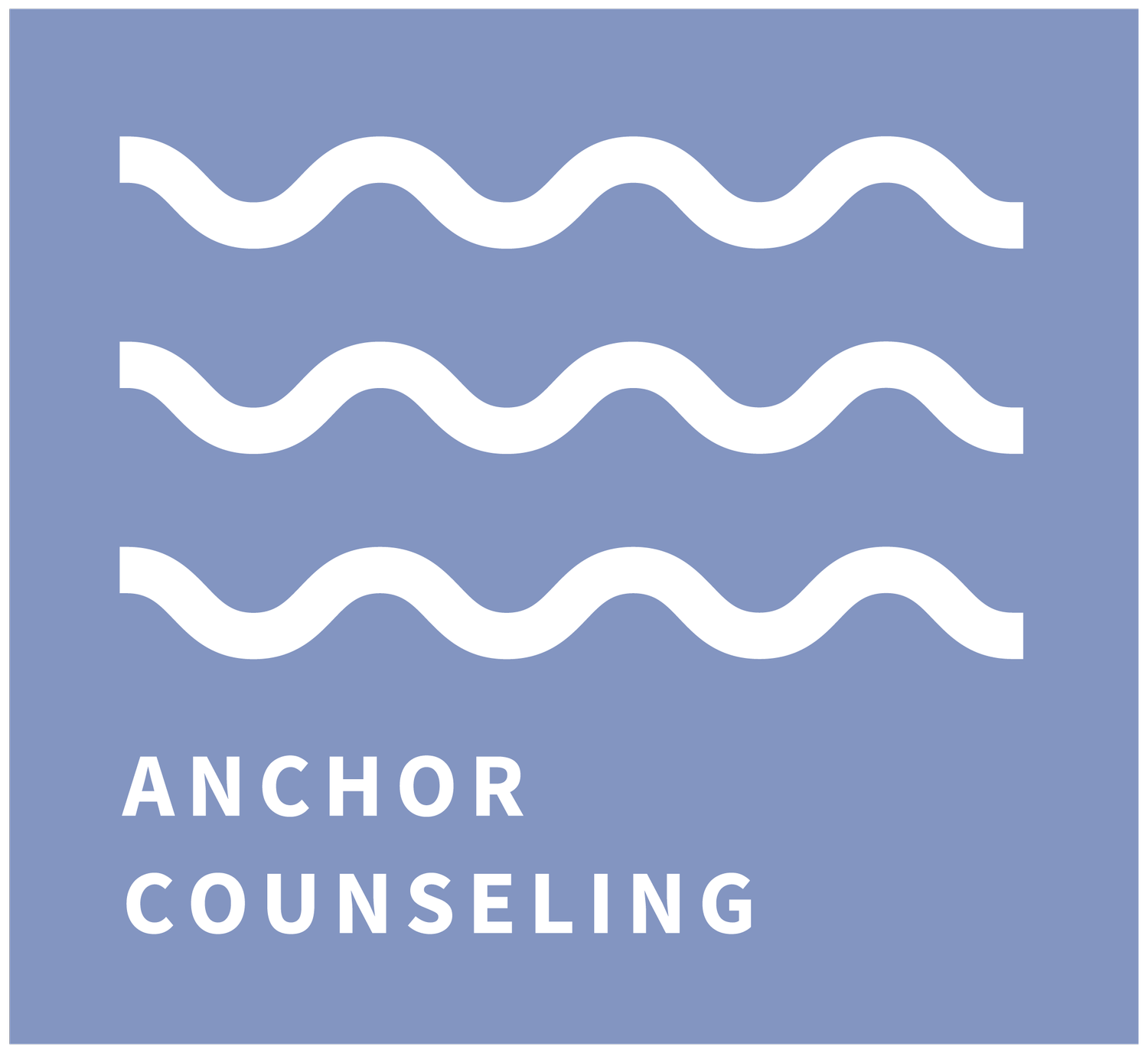The Science of Habit Formation: Building Healthy Habits for Mental Wellness
Have you ever wondered why it’s so hard to change old habits?
The start of a new year is a time when lots of people reconsider their habits and their daily routine. But changing habits can be a lot trickier than it sounds, because doing so essentially requires rewiring your brain.
What are habits?
A habit is something that you do without thinking. It mostly happens without your active input - it’s something you do mindlessly. If you have to force yourself to do it, it probably isn’t a habit.
Habits are also rewarding to us in some way - they usually release feel good chemicals in our brains like dopamine. Habits often help us self-soothe during uncomfortable moments, which is why they can be so hard to break. It’s hard to break away from something that brings comfort.
How does forming habits work? To understand, we need to learn a little bit about neuroscience.
Habits are developed when we build something called a neural pathway in our brain. It’s like a shortcut that our brains use to help us do something basically without thinking. The action has to be taken many times for our brains to learn to build the shortcut, and once it’s there it’s very hard to undo it.
There’s often a trigger or cue for our brains that signals it’s time to engage in a certain habit. Sometimes the cue is a time of day, a person, a place, or information from one of your senses. Let’s use nail-biting as an example. The cue for nail biting might be when you’re around someone who makes you nervous. Biting your nails gives your anxiety temporary relief, and it’s all without you even realizing.
How long does it take to form new habits?
There’s a common idea that it takes 21 days to form a new habit, but unfortunately, that isn’t how habits work. Some people might be able to make a lot of progress toward getting rid of an old habit, or learning a new one, in 3 weeks, but that’s not going to be the case for everyone. Our brains are all different, and there’s no tried and true timeframe that’s applicable to everyone.
It took your brain time to learn to make the connection between the feeling of anxiety and biting your nails. It is also going to take time to unlearn that habit, and even more time to implement a new one.
There are some common places where people get stuck when changing their habits.
Changing things too fast
Trying to change every habit you have at once isn’t going to be successful. It might be tempting, (especially at times like the new year, when it seems like everyone is adopting new habits), but changing habits slowly is the way to go. Unlearning these things we do without thinking takes time. It takes repetition to build new neural pathways, and there’s no shortcut for that.
Trying to develop more than one new habit at a time
This is similar to trying to change habits too fast. It takes a lot of brain power to learn to do something habitually. When you try to adopt more than one new habit at a time, it’s overwhelming. Instead of helping you develop multiple new habits at a time, doing it all at once makes it more likely that you’ll be overwhelmed or burned out, and abandon all of the habits. If you work on them one at a time, you can build off of your previous success and you have a better chance of having the new habits stick.
Expecting to succeed on the first try
Trying something and then not succeeding is really hard. It can feel discouraging, or even make you feel ashamed or embarrassed. Remember that developing new habits often takes more than one try. If you try something and don’t succeed, that doesn’t mean that you can’t keep trying. Sometimes the reason you didn’t succeed the first time can help you improve on your next attempt.
There’s nothing wrong with needing more than one try to develop a new habit or to get rid of an old one. It doesn’t mean you don’t have willpower, it just means that it’s really tricky to rewire your brain. Give yourself compassion, and know that everyone who has worked on their habits has faced the same challenge. You’re not alone.
So, how can you change your habits? Here are some tips to help you through the process.
Stack a new habit with an old one
When you’re trying to learn a new habit, it can be hard to trick your brain into remembering this new thing you want to do. Stacking your new habit with an old one can help you implement the new habit. Stacking the habits just means doing them one after another.
For example, if the new habit you’d like to implement is to take your meds in the morning, do it right after a habit you already have, like brushing your teeth. This can make it easier to remember as you’re developing the habit.
Anticipate what will get in your way
When you’re working on your habits, try to think ahead and anticipate what obstacles might come up. It might be easier to form a new habit in perfect conditions, but what about when real life gets in the way? Remember that habits often are a way for us to soothe ourselves, so moments of distress or discomfort might be important to watch out for so you don’t slide back into old behaviors.
For example, if you’re trying to quit smoking, try to think through the triggers that give you the urge to smoke. Make a plan for what you can do instead when each of those triggers come up. Maybe you can replace the old habit with a different one as you work on soothing yourself. Sometimes people who are trying to quit smoking replace the habit with eating a hard candy or a lollipop instead. Try to think through some options for yourself so you’re not caught off guard when there are bumps in the road.
Be compassionate to yourself
Finally, it’s crucial to be compassionate with yourself when you’re working on your habits. Whether you’re trying to break an old habit or form a new one, you won’t do yourself any favors by being mean to yourself. Changing your habits, as you now know, is actually pretty complicated and requires developing new pathways in your brain. It’s okay if you don’t get it right all of the time.
Are you working on building new habits, or trying to unlearn old ones? Working with a therapist can help. Our therapists at Anchor Counseling in New York are accepting new clients. Get in touch with us today to schedule an appointment!


